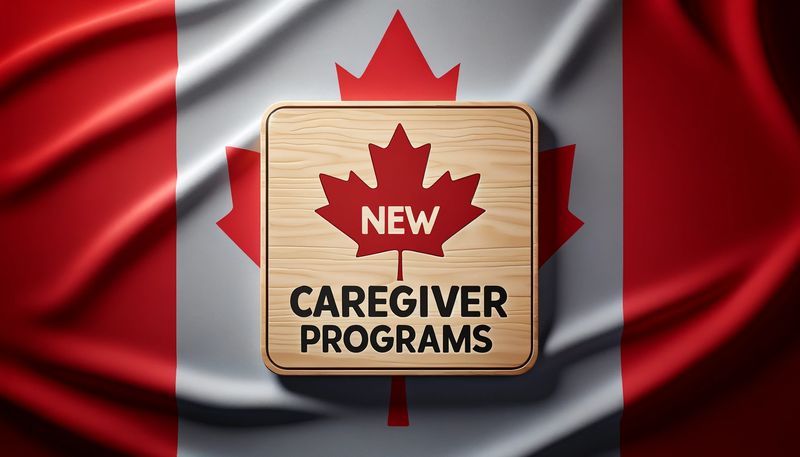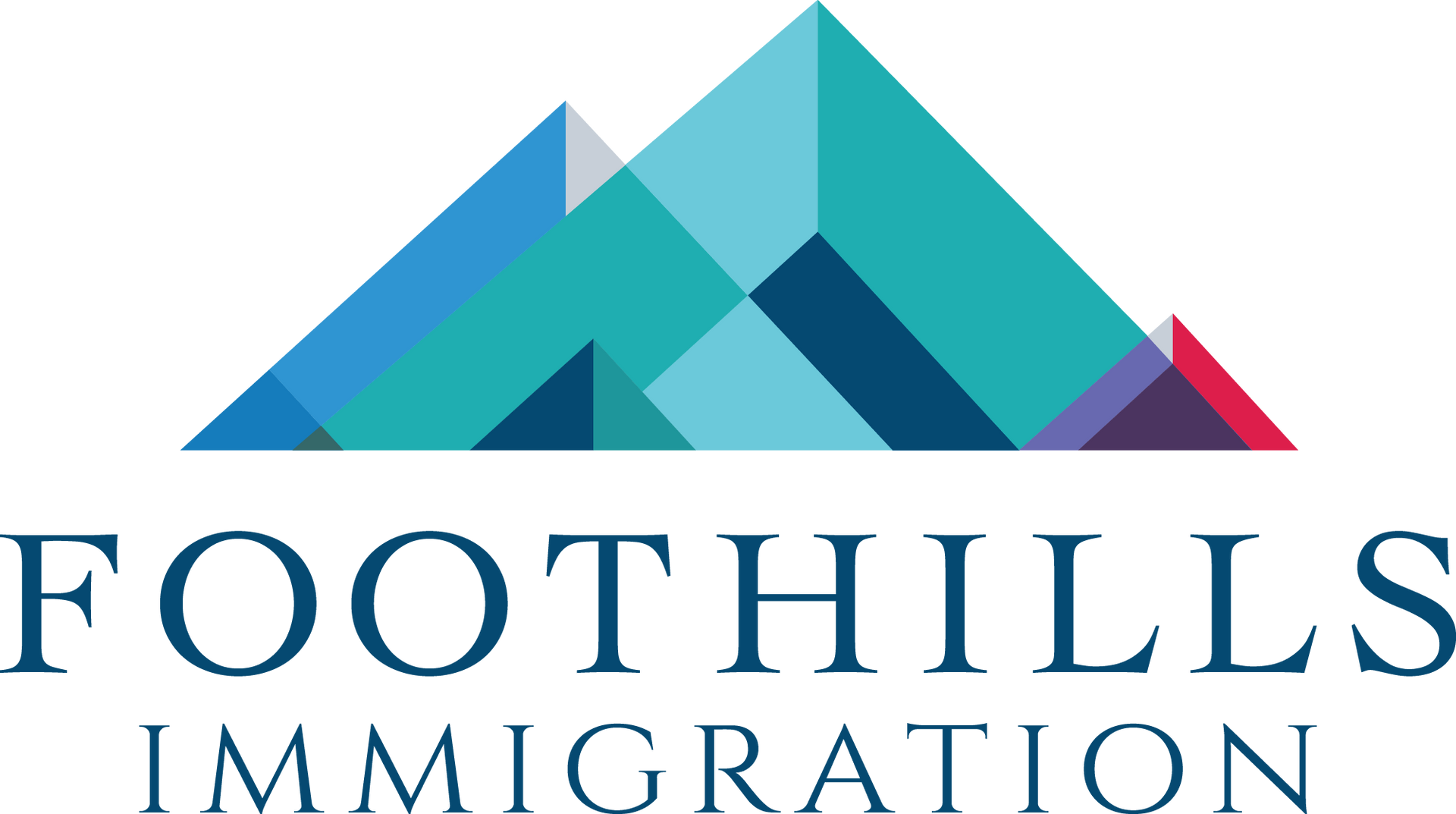5 Things Business Owners Should Know Before Starting Their Next LMIA Application
When it comes to immigrating to Canada, there's a whole lot to know. Of course, this is the case if you're the person who's immigrating, but it's also true if you're the employer of that person.

Business owners who employ international employees tend to go through the LMIA process. As with most immigration-related procedures, it can be complicated and time-consuming. The LMIA process can be daunting and takes time and money on the employer's part. If you're an employer looking to learn more about it or do it yourself, we've got some helpful tips below. If you don't think you have the capacity to take it on or you need some expert support, our friends at Foothills Immigration have got you covered.
To give you top-of-the-line information, we chatted with Leann Iamartino, Regulated Canadian Immigration Consultant at Foothills Immigration, to get the scoop for you. Before diving in, Leann gave us a quick overview of what Labour Market Impact Assessment (LMIA) means.
"So, the LMIA is essentially Service Canada, or ESDC, permitting an employer to hire a foreign worker," said Leann. "The employer is seeking permission, and must abide by the rules and regulations set out by the LMIA and agrees to participate in a program which will allow them to hire foreign workers for a specified period of time," she continued. In its simplest form, the LMIA is a business obtaining permission to hire an employee from another country based on a set of rules and specifications they must meet. If an employer's LMIA is approved for an employee, it can simplify and streamline that employee's visa application or extension process.
Before diving into the process, an employer has a few essential things to consider. Leann offered these five tidbits of information to set you up for success before you start the process–whether it be for the first time or not.
Be Aware of Your Options
Leann explained that there are several different programs within ESDC and LMIA options. There are high-skilled, low-skilled, high-wage, low-wage, global talent stream, and PR support, to name a few. An employer would first want to look at what both they and their employee qualify for and eliminate everything that isn't relevant. "It's all about doing your research and asking what you qualify for as an employer and what program will suit you both the best," Leann said.
There are more ways than one, and just because you've been doing it one way doesn't mean it's necessarily the best or most manageable. "There are always new LMIA programs being introduced. For example, the PR support program is relatively new and benefits many people, so it's important to be aware of all of the options out there," the immigration expert shared.
Understand & Meet the Advertising Requirements
Next up, it's a good idea to become intimately aware of the advertising requirements that come along with the LMIA process. "There are advertising requirements that must be met to get a positive LMIA, and they are very specific," said Leann. These pertain to how you advertise for the position you are looking to hire. Depending on what LMIA route you're taking, what industry your business is in, and the type of employee your application pertains to, these requirements can be drastically different. So, it may be advisable to enlist the support of an expert as you're getting to know your specific requirements.
Consider the Prevailing Median Wages
Another critical thing to understand and fulfill is the prevailing median wages. The prevailing median wages are what the government says you will need to pay this employee. "You will want to be aware of the prevailing median wage that you have to pay this employee and if you are prepared to offer that wage," explained Leann. You'll want to ask yourself if that wage is feasible, if it feels comfortable and appropriate in keeping with how you compensate your existing staff, and if it's in keeping with your long-term goals for this employee.
Look to Your Future with That Specific Employee
Lastly, consider your long-term goals and plans for this specific employee. The LMIA process is a big undertaking, but it's absolutely worth it for the right person. If this employee is someone you can see growing with your business for years to come, it's certainly worth the investment. If you're considering the process for an unreliable or short-term employee, it may not be worth your time. Investing in an employee who adds value to your business and who you trust can be hugely beneficial for years to come, especially because they will often turn around and invest the same amount of time and passion into you and your business. Countless employers across the Bow Valley have had tons of success stories with long-term international employees and the LMIA process. Just be sure to have a discussion and confirm that your goals are aligned.
We don't want to scare anyone out of the process, but we also don't want to sugarcoat it. It takes time and can be complex, but it can also be worth it. And, there are always professionals specifically trained in these areas to help you out. If you'd like to learn more or you need a little support along the way, get in touch with Foothills Immigration today.











